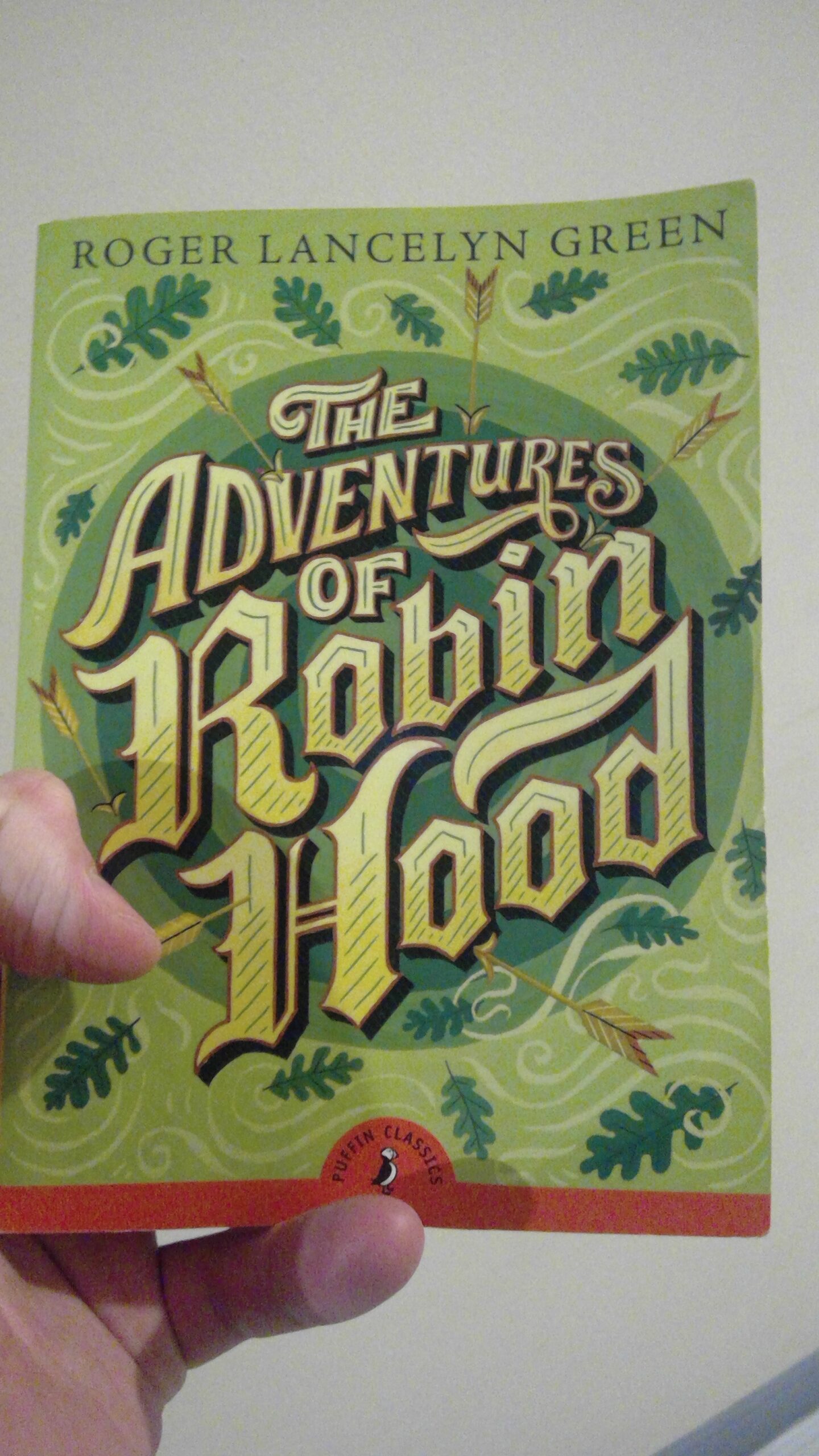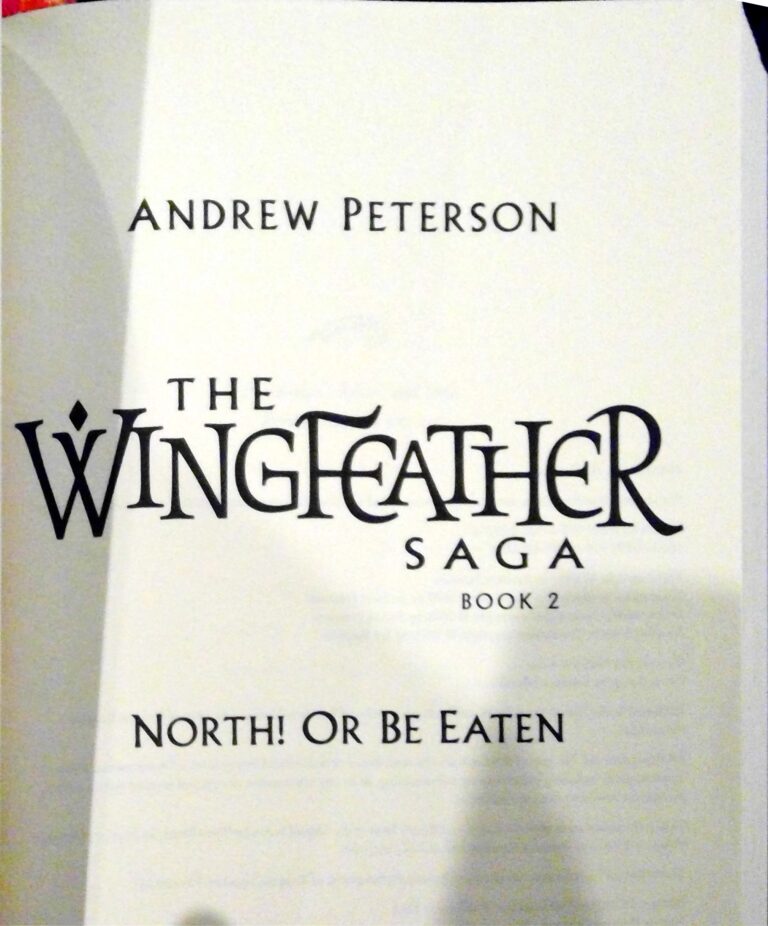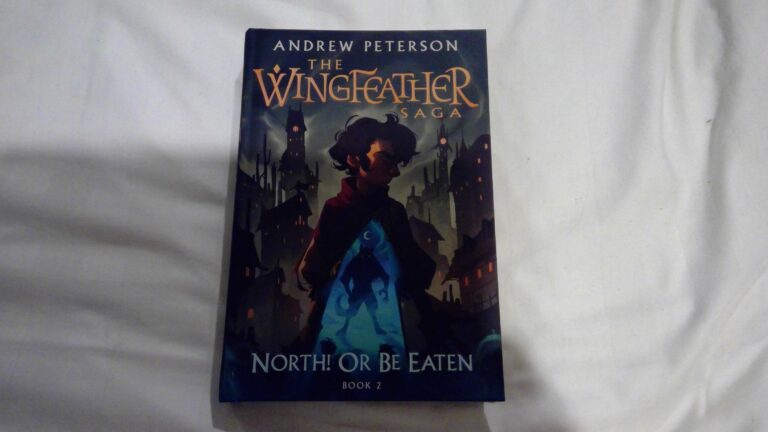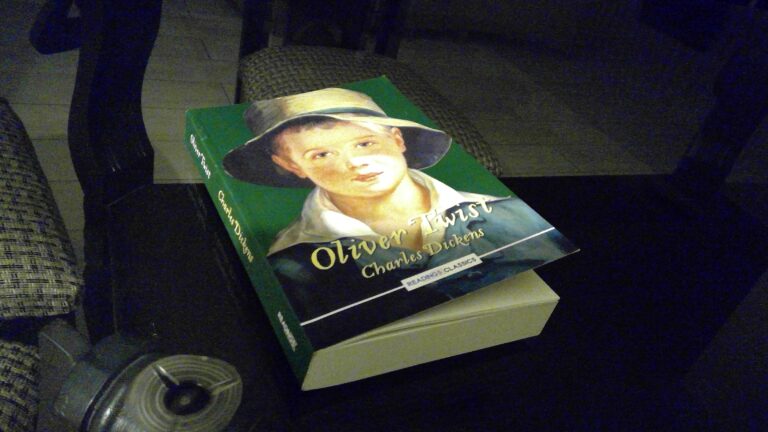Robin Hood–Good or Evil? Indy Wild Post.
Howdy, everyone,
It’s Indy Wild.
I told Bella I would write her a post (but first I must fit my fingers onto this tiny keyboard of hers—if you want to read more about her computer, I think she posted about that in this post New Improvements–and if that’s not it, here’s a torch–you can riot) because she’s sick with some sort of virus. (Don’t worry, you should be good over there on the other side of the Internet–just don’t open any spam and don’t click any links.)
The most foremost topic on my mind is the 1956 novel that I just finished reading, Roger Lancelyn Green’s The Adventures of Robin Hood. I thrilled at its pages, intrigued that this Robin Hood (the original, collected-legends version) was not the thief that I thought of Robin Hood as.
As a devoted Catholic, Robert of Fitzsooth, an earl with deadly archery abilities, is outlawed by Prince John because of Robert’s generosity and vigilante efforts (do not get on the bad side of an archer as good as Robin Hood). Taking up his alter-ego as Robin Hood, Robert then flees to the woods, ambushing anyone who passes by, often asking for mere honesty for the right to pass through the infamous Sherwood with all financial goods intact.
What came as most striking to me was the fact that, at the beginning of the book, Robert Fitzsooth is selling his large estate in order to feed the poor far before becoming the Robin Hood of Sherwood Forest and running with his Merry Men. Many people are willing to give up something someone else owns for a person in need, but only a man of Godly love and justice would sell his own property to feed hungry mouths.
The stage was set with that attitude of charity and selflessness and I found it maintained throughout the novel, from the time when Robin fooled the Sheriff of Nottingham to when he cast out Lady Maudlin of Paplewick.
While Robin does indeed take money (that is stealing, yes) from the corrupt leaders, he’s not a thief for the sake of thievery—nor merely for sport (though he does have a peculiar sense of fun), which were together two impressions I was under from various sources (perhaps due to my own inattention). In one example, Robin finds it just to take a good deal of coins from a bishop who was being paid by Prince John to incite an uprising against King Richard, which Robin takes to help pay King Richard’s ransom. To say whether or not one could Biblically justify the concept of stealing for the sake of doing good or killing for the sake of war is a topic I won’t broach here.
I will say that in reading Green’s novel, I discovered Robin Hood to be like King David—a bit reckless, but firm in his knowledge and conviction of truth, and skilled in warcraft. I realized that Robin Hood is indeed not a careless thief, but that he exudes many Godly attributes, fighting tirelessly against tyrannical killers and counting all that he owned as loss. I think he’s a character this world needs to see more of!
With a spark and flame,
Indy







